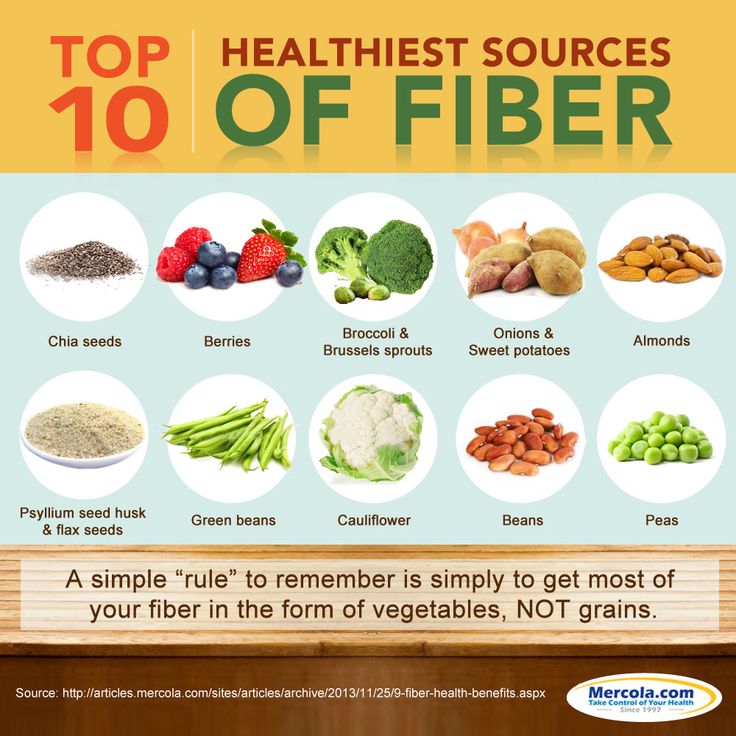One of the side benefits of a healthy diet high in fiber and omega 3 for acne is that it can prevent acne or lessen its impact, according to the co-author of a new book, The Clear Skin Diet.
“We haven’t reinvented the wheel here,” admits Dr. Alan Logan. “But what we have found through a series of studies is that there is a strong causal connection between certain kinds of foods and acne.
“These studies have shown that certain fats protect against acne while others promote the emergence of acne, not only in teenagers but in adults as well,” said Logan.
 Long associated with teenagers, studies have shown acne now affects 50 per cent of women over the age of 26 and that it can be controlled or exacerbated by certain foods and stressers such as anxiety, lack of sleep and depression. But that it is helped by fiber and omega 3 for acne
Long associated with teenagers, studies have shown acne now affects 50 per cent of women over the age of 26 and that it can be controlled or exacerbated by certain foods and stressers such as anxiety, lack of sleep and depression. But that it is helped by fiber and omega 3 for acne
How Good is Omega 3 and Fiber for Acne Prevention?
Logan said that acne sufferers on a diet with high fiber and omega 3 for acne, vegetables and fruit can expect 22 fewer acne lesions especially when combined with a reduced intake of meats and dairy products.
Logan said the recent studies refute the 30-year-old claims of dermatologists that there is no correlation between diet and acne.
“Clearly, that research was built on a house of cards and while I’m the first to admit there’s much more work to be done in this area, the updated research indicates such connections do exist,” said Logan.
In addition to laying out research results and clinical discussions about the causes and cures for acne, Logan’s book includes 40 or so pages of dietary suggestions and recipes.
Most of the recipes focus on salmon, sardines, mackerel, rice, vegetables, fruit, lentils and black beans and a complete absence of red meats, chicken, cheese and insulin-spiking sweets and carbohydrates. And claim that a diet with fiber and omega 3 for acne helps a lot.
Logan said teenage or young adult acne sufferers report more flare-ups during exam times when stress levels spike and acne-producing hormones are more prevalent.
Logan, co-author of the book with Valori Treloar, is a naturopathic physician and an invited faculty member in Harvard University’s School of Continuing Medical Education.



